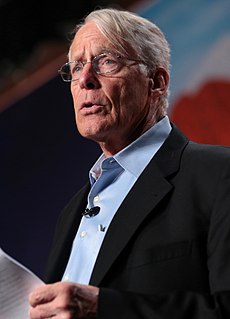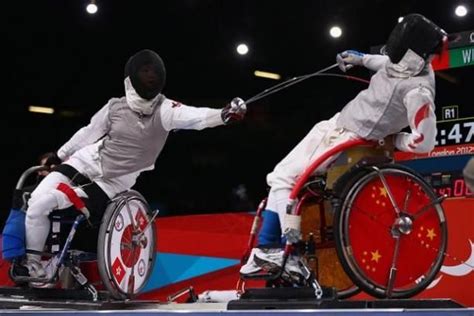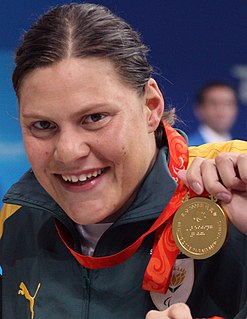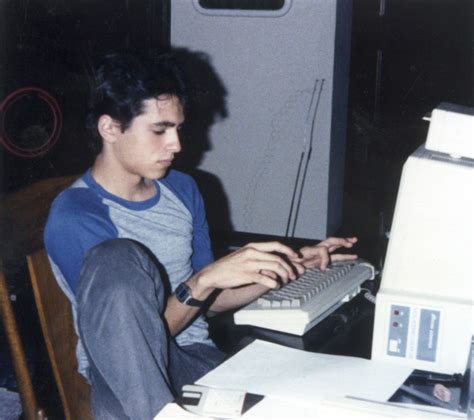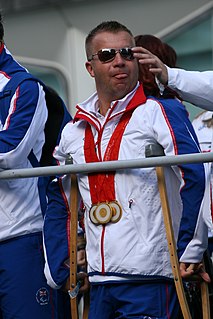A Quote by Stella Young
The sentiment of those suggesting the Olympics and Paralympics be combined is no doubt well intentioned. But it also echoes the myth that disabled people want to be other than what we are - that we'd like nothing more than to be 'allowed in' with the able-bodied competitors.
Related Quotes
I am so proud of being a Paralympian because I think the Games are a very good platform for disabled persons to perform themselves. Within the Paralympics movement, it's not just talk about excellence; it's not just talk about the competition. It's also talk about the equality and how your world accepts those disabled people.
Something seems wrong to most people engaged in struggle when they see more people hurt on their own side than on the other side. They are used to reading this as an indication of defeat, and a complete mental readjustment is required of them. Within the new terms of struggle, victory has nothing to do with their being able to give more punishment than they take (quite the reverse); victory has nothing to do with their being able to punish the other at all; it has to do simply with being able, finally, to make the other move... Vengeance is not the point; change is.
Rather than asking architecture to be more interdisciplinary - a perennial issue within the discipline - I am suggesting that other disciplines might exploit the powers of architecture and urbanism. When addressing urgent situations, whether it's the depletion of the rainforest or abuse of labor, well-meaning people are working with tools, like standards, that seem like very blunt instruments. I am suggesting that spatial variables that are underexploited in governance might add to that repertoire.
These people also tended to pretend to care deeply about the blind and otherwise disabled. I am sympathetic to the needs of those users, but I can't help but think that those who claimed to speak for the blind were being more than a little disingenuous, just like those Hemp people who present their arguments in terms of their deep and abiding care for the textile industry, when their real motives are ... something else entirely.







